For many Muslims around the world, celebrating Ramadan this year means dealing with a lot of changes. Ramadan is a month of fasting, community, and togetherness. As the COVID-19 pandemic sweeps across the world, with social distancing and lockdown becoming the norm, many traditions aren’t possible. The Daily Vox team spoke to Muslims from across the globe about Ramadan during this pandemic.
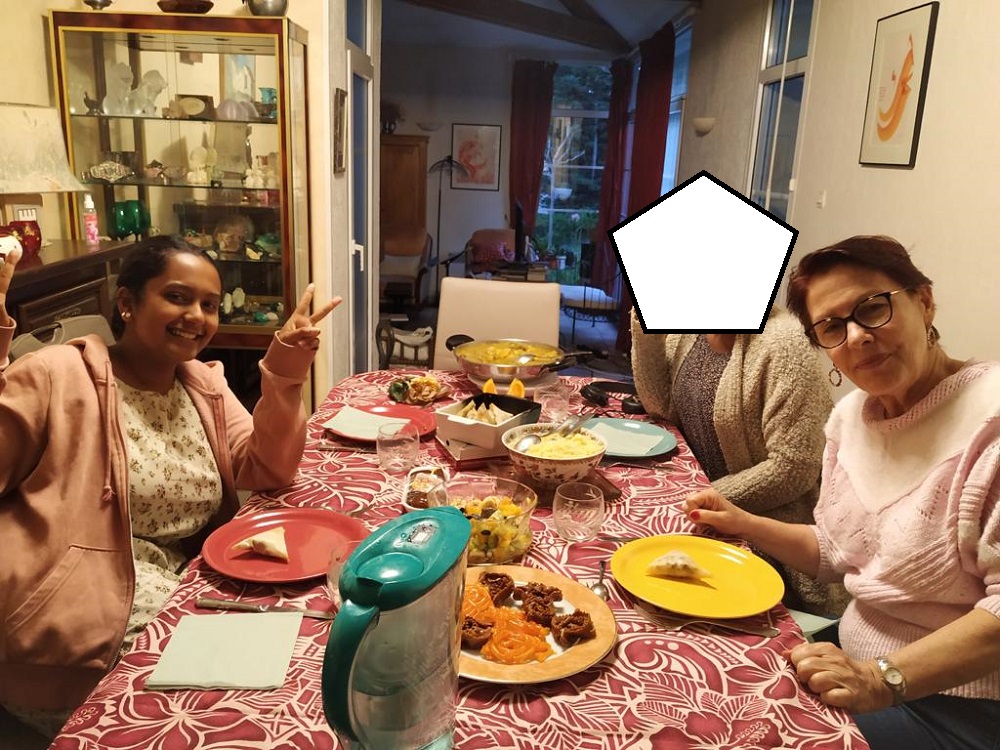
Asliyah Meeajan, student in Economics and management, Angers, France
I have lived in France for nearly 3 years now. It’s my third Ramadan here. Usually it falls during revision and exams period, and this year is no exception. In France, Ramadan is 14 hours and as spring comes, it gets longer. Usually by the end of Ramadan, we start at 4:45 am to 10: 00 pm. Many people believe that France hates muslims and they are racists, but it’s not true. France is big, and we have halaal meat here. There are mosques and supermarkets that make special stores for this special month. This year I bought bricks to make samoussa.
Just like everywhere in the world, there’s social distancing. We are staying home and taking caution as we go to the store. We have to fill a form when we move around. Usually people cannot go farther than one km from their place of confinement and have to be back within an hour. It’s harder to have Ramadan in confinement because I should admit I felt a little depressed. Ramadan makes people more humble and weak in front of our lord. Confinement has made me weaker in front of the eyes of our lord. I understood better than any past Ramadan my vulnerability in front of my lord. I also miss my family the most and I think it’s the case for every foreign student.
It was confirmed this week that France actually had its first case of the virus in December 2019. This has impacted the timeline for when the virus first reached Europe.
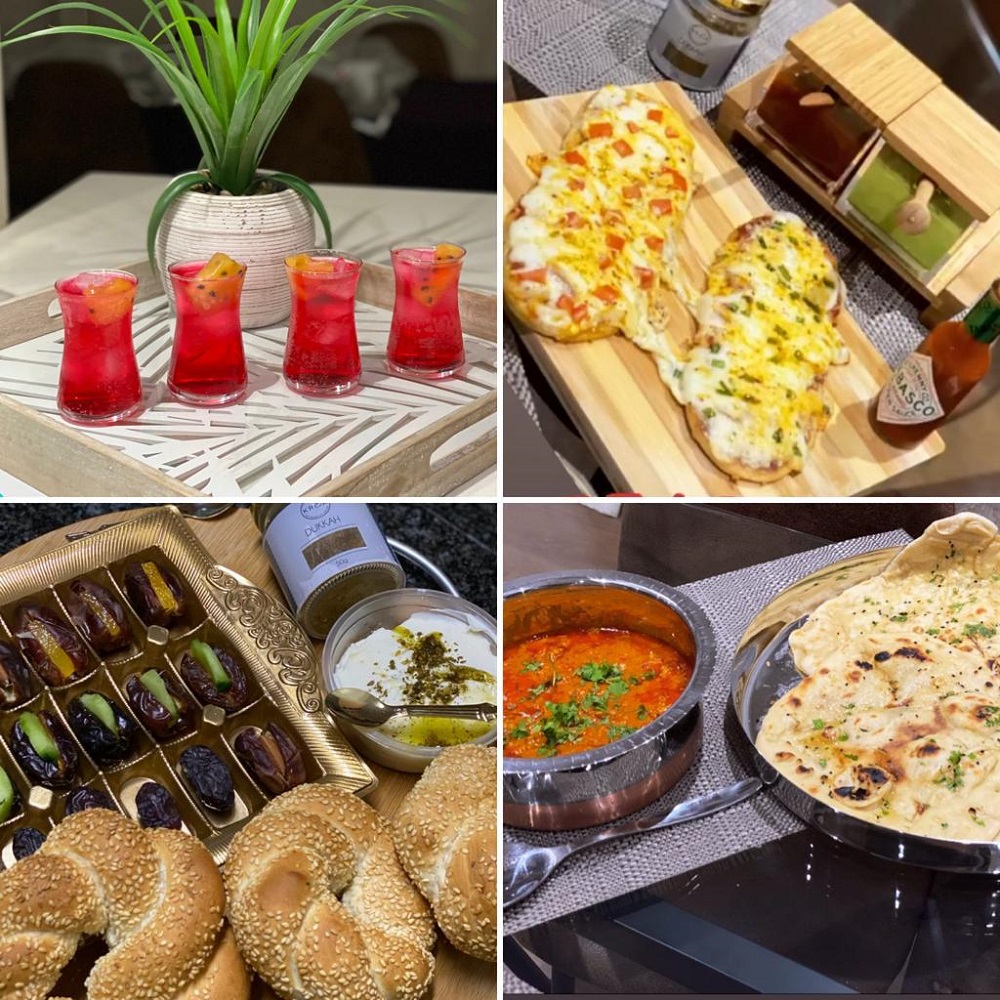
Ayesha Lambat, teacher, Benoni, South Africa
The lockdown has brought about a slowdown to my life, and it couldn’t have come at a better time. For the first time in 10 years (and first time since I’m married) I’ve been able to enjoy Ramadan in my home without the rush of everyday life.
Being an educator (principal) and being at school, it’s often difficult for women as we are always so pressed for time during this month, between work, prayers and juggling home duties. The lockdown has given me more time to improve the quality of my acts of worship (ibaadah). I am also enjoying being in the kitchen and exploring my culinary skills in preparing beautiful meals for my family.
It’s sad that my husband has not been able to pray in congregation and frequent the masjid, but the pandemic has given us an opportunity to pray together in our home. This has strengthened our bond and made this Ramadan a little more special.
This trying time has really given us a chance to slow down and realize what’s really important in life. I pray that everyone is healthy and safe and protected from the pandemic.
Read The Daily Vox’s coverage of COVID-19 in South Africa.
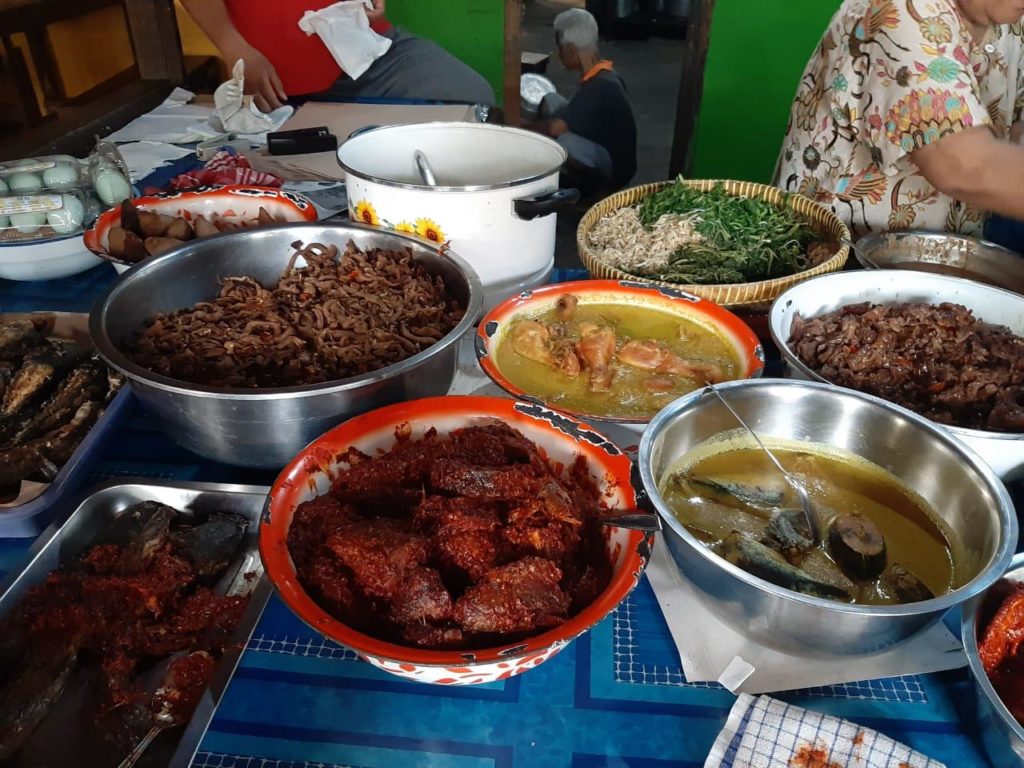
Fika Salsabilla Ramadhani, freelance content-writer, Yogyakarta, Indonesia
In Indonesia, Ramadan under the COVID-19 feels like never before. As a Muslim-majority country, this holy month has been awaited by not only Muslims but also people of other religions. Ramadan becomes a tradition where all people celebrate. For Muslims, it feels different when people couldn’t go for taraweeh in the mosque and can’t go out to spend iftar with friends. Community gatherings for Quran recitation have been dismissed and most of the mosques have been closed.
The Eid celebration, which is usually celebrated with congregational prayer might be abolished. The only outside-activity which still occurs is when people go out to buy meals for iftar. It usually happens before dusk. The government has issued a ban of exodus – the tradition when people go back to their hometown to spend time and celebrate Ramadan with their family.
In general, this situation has affected the businesses, especially small ones. Normally there are lots of small businesses which come up in Ramadan. The general economic condition is currently sinking.
But the good thing is that this condition has increased people’s care and humanity. There is so much charity being held by people from various backgrounds. It’s quite heart-warming to see people still able and try to stand together in this tough time by caring and sharing.
Personally, I really miss spending time with my family and friends this Ramadan. This year feels like the toughest Ramadan I must go through. Solitude has been both a blessing and a curse. Despite all the togetherness I’ve been missing, I use this solitariness to contemplate and do self-reflection, learn the things I always wanted to do, and try to stay virtually connected with friends and relatives.
Indonesia resumed inter-city commercial flights, trains and buses for certain travellers on May 7, less than two weeks after the government announced a blanket ban on domestic travel to prevent the spread of COVID-19.
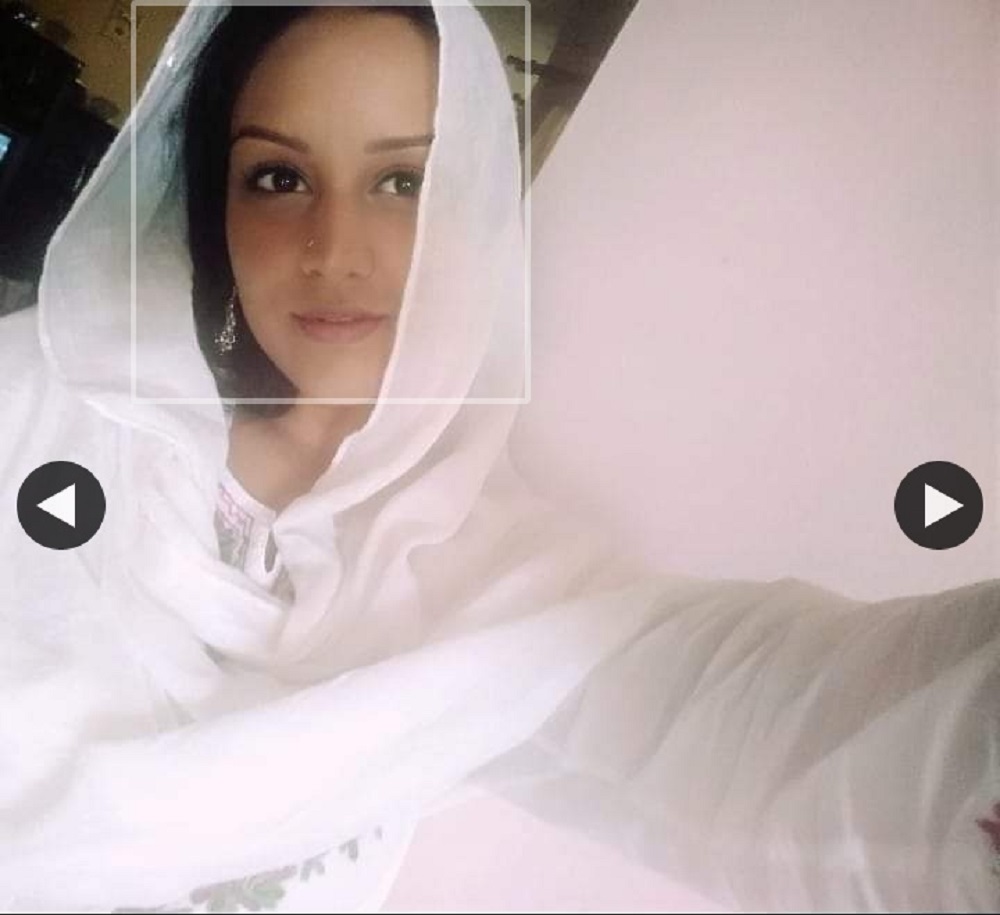
Ayesha Bibi Dookhith, law student, Curepipe, Mauritius.
Personally, Ramadan is a month of worship, strengthening ties of kinship among family and friends and sharing. Ramadan is notably the symbol of togetherness for me and for Mauritian Muslims in general. Ramadan is much more than just abstaining from eating and drinking. During that month I make sure to maximise in prayers, in charity and in being more present for my parents as well as my relatives.
This year Ramadan will be significantly different due to lockdowns and curfew as well as the social-distancing measures. This has resulted in the closure of mosques and religious centers all around Mauritius. We had to give up some of those cherished Ramadan rituals such as prayers in congregation, the spiritual retreat taken by some Muslims during the last ten days of Ramadan.
Ramadan without family gatherings doesn’t feel like Ramadan. The holy month has always been about hospitality, unity, and gatherings where family members, friends, and loved ones take turns inviting each other over. The food, the love, spirit, laughter and bonds made of sharing meals together is what we miss the most about Ramadan this year.
For me, this year’s Ramadan has been positive in the sense that I can spend more time in worship and less time concentrating on worldly matters. This Ramadan has been an impactful one and has acted as a key role in turning my life around. May we never take life and good health for granted ever again.
Mauritius has reported 332 cases, including 9 deaths, caused by COVID-19. The first three cases in the country were announced on 18th March 2020.
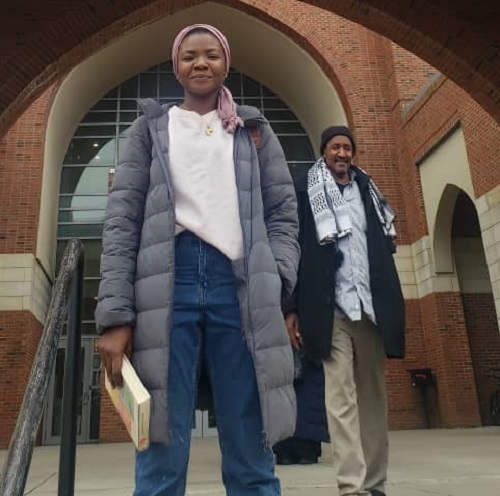
Shola Lawal, freelance journalist, Lagos, Nigeria
Ramadan in Nigeria personally has been a bit strange because this is a time for coming together and we are just not able to do that currently. Nigerians love to have fun and it’s no different during Ramadan. People usually have fun after Taraweeh. The restaurants are open and people enjoy themselves. There are lectures going on. This time around, everyone has to stay at home. It’s not easy for a lot of people, especially people who can’t travel because there’s a ban on interstate travel. I can’t go to my hometown where my parents are. It’s lonely and difficult for people. But we are thriving thanks to digital platforms which helps us stay in touch.
It is difficult for a lot of people but I am especially worried about Muslims who would normally depend on benefactors at this time. For me I’m mostly staying home but my mind is always with people who are always on the street and who are still begging. We have a partial lockdown in place which means that more people are on the streets than there were last week when there was a total lockdown. People on the street survive on handouts and people handing them cash. But people are trying to avoid touching cash.
The country, like every country around the world, is heading into a recession because times are hard. Food prices are hard. Everything is just difficult. I remember when people were reminding me about Ramadan I was like are we really going to fast in this situation. Ramadan is supposed to be a time of enjoyment. This is a really difficult time to be fasting but we’re on the 13th day and we’re soon going to be out of Ramadan. It’s the same for the pandemic situation – we’ll soon be out of it.
Nigeria is scheduled to start repatriating nationals stranded overseas by travel restrictions. The virus has infected 2,950 and killed 98 people so far in Nigeria.
Hamna Iqbal Baig, journalist, Karachi, Pakistan
Pakistan is currently under lockdown due to Covid-19. I’m working from home as a result of this. Ramadan is different this year in the sense that I don’t get to go to the nearest community hall for taraweeh with my mother unlike last year. I also miss going out for iftari and sehri with my friends and family. A positive about this Ramadan is that since we all are staying inside our homes in quarantine, I have a lot of time on my hands. I have got back to crafting, painting, and doing creative things. Helping mum in the kitchen and trying new dishes is new and exciting for me.
Prime Minister Imran Khan announced that Pakistan will ease lockdown in phases from Saturday despite an increase in the number of coronavirus cases in the country.
All the voxes have been edited for clarity and brevity.









